-
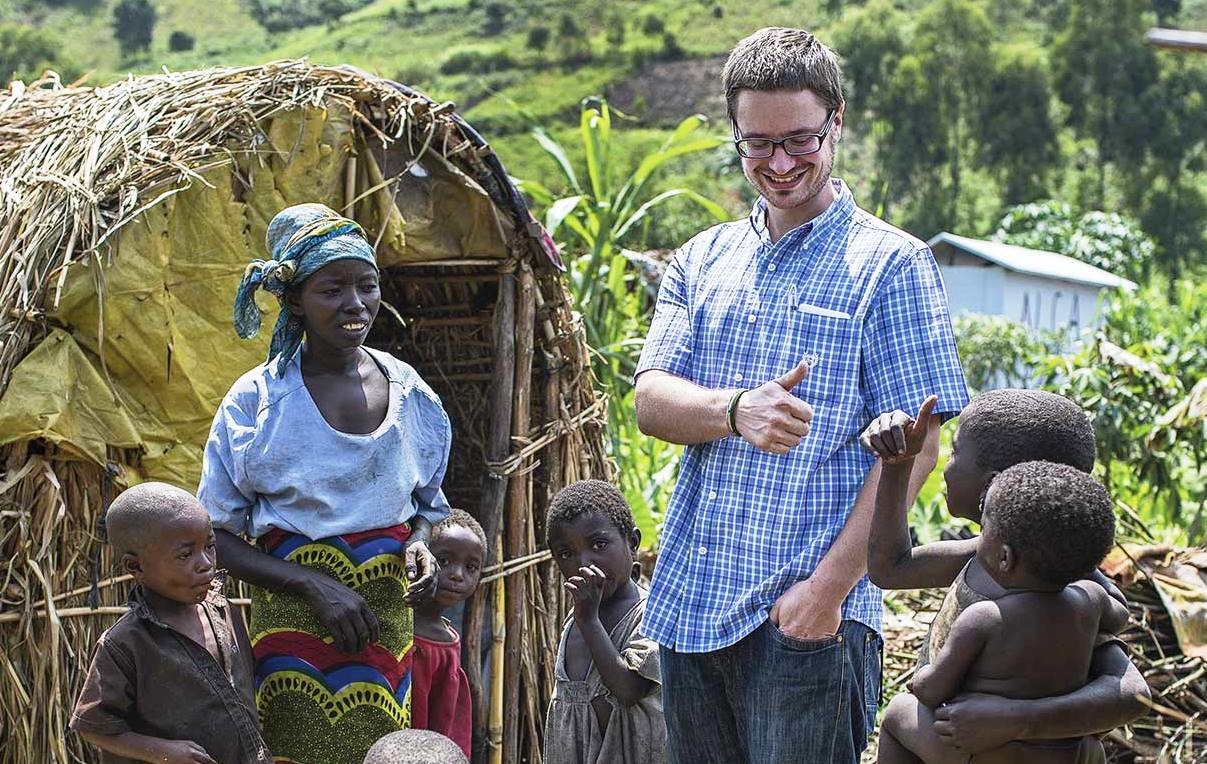
EMU alumnus among those kidnapped in Democratic Republic of Congo
Michael J. “M.J.” Sharp, a United Nations official, was among six people kidnapped in the Democratic Republic of Congo (DRC), according to a press release issued Monday by the Congolese government. He was part of a UN panel of experts investigating ongoing civil conflicts in the country, according to Al Jazeera. A second UN worker,…
-
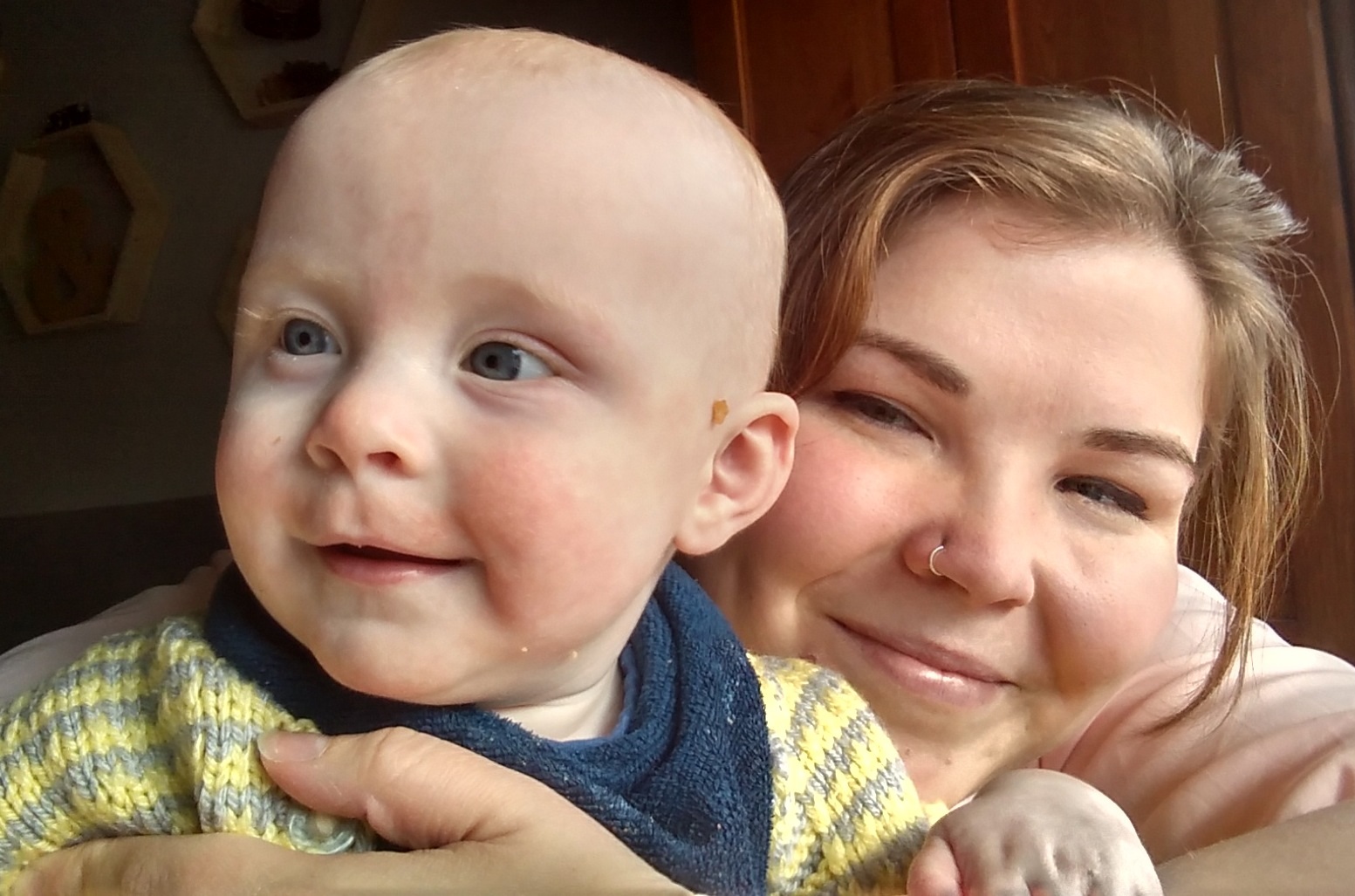
‘Land rights apply to my church and my home’
Nine-month-old Junia has just become the youngest participant to join the Pilgrimage for Indigenous Rights, a 600-kilometre walk through from Kitchener-Waterloo, Ont., to Ottawa, taking place from April 23 to May 14, 2017. Kandace Boos, 28, Junia’s mother, will put in the grunt work of carrying Junia on her back, alongside her task of documenting…
-
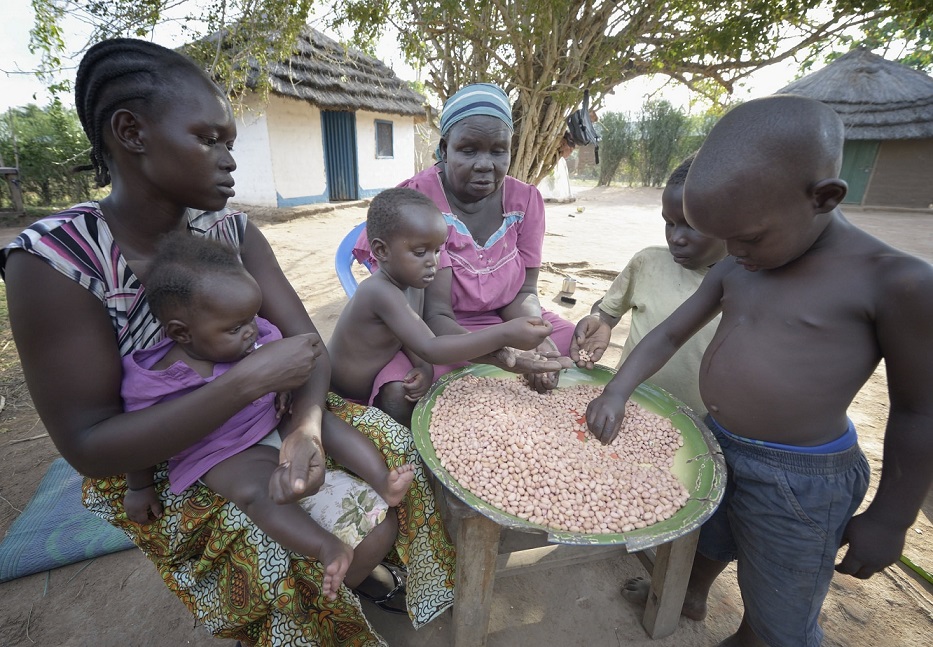
Famine ‘a tragic reality’ in South Sudan, according to UN
Famine has been declared in parts of South Sudan, where about 100,000 people are facing starvation, says a United Nations release dated February 20, 2017. In addition, a further one million people are on the brink of famine. The ongoing civil war in South Sudan, now in its third year, has devastated the country’s economy,…
-
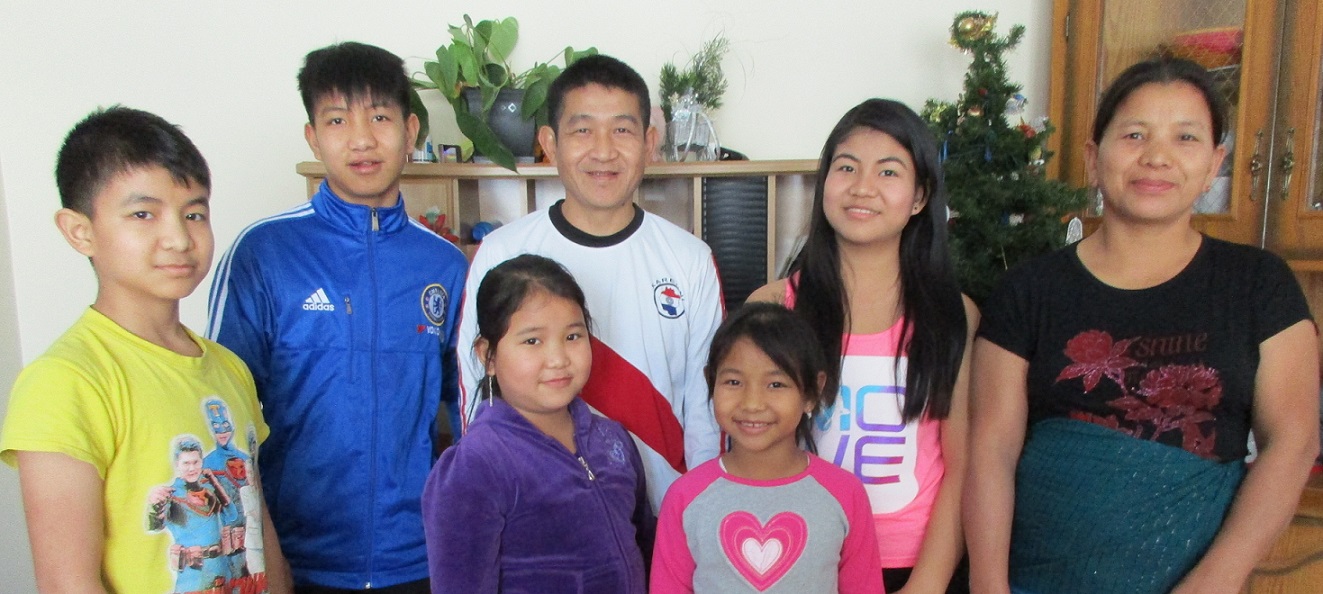
From Myanmar to Canada with dreams, gratitude and hope
Settled in their new home in New Hamburg, Ont., Lee Reh and Pheh Meh constantly think of family members still in Ban Mai Nai Soi Refugee Camp in Thailand who the couple and their five children left behind when they came to Canada in April 2016. They wish their relatives could join them here and…
-
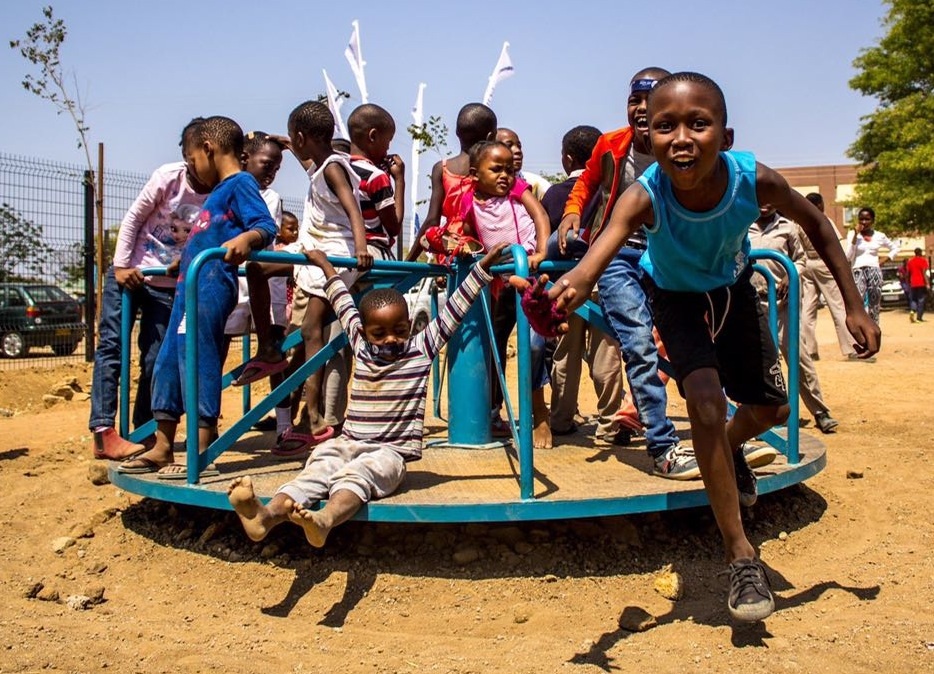
Good news by the numbers in Botswana
For Nathan and Taryn Dirks, ministry in Gaborone, Botswana, is all about relationships. But ministry by relationship is hard to measure, so they’ve creatively translated some of their good news into numbers. For almost five years, the Dirkses have served youth and young adults from local African Initiated Churches (AICs) through their role as Mennonite…
-
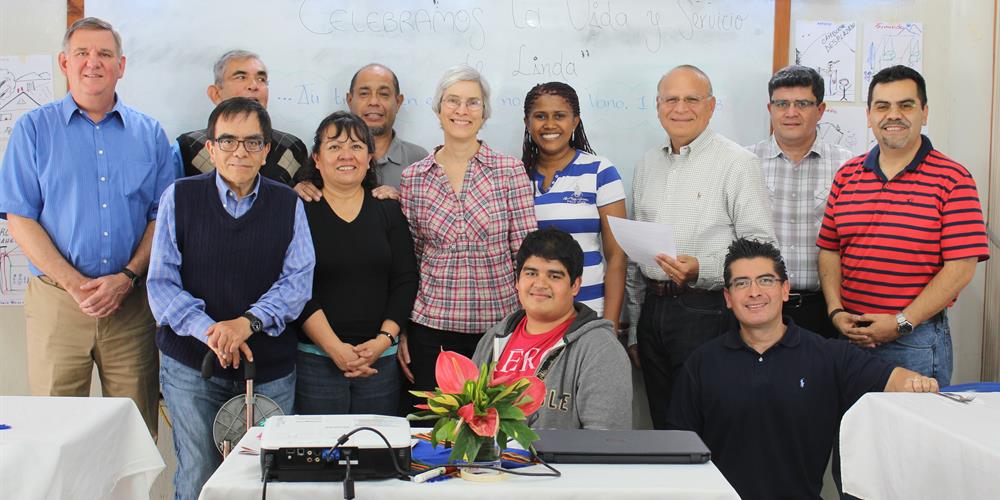
Online theology education opens doors
Nora Marleni Martínez of Metapan, El Salvador, is in the first group of students in a regional Peace and Justice Institute program of the Seminario Anabautista Latinoamericano (SEMILLA). Many SEMILLA courses are taught in local centers across Central America and Mexico, but this program was designed for students from multiple countries to study together, so…
-

Mennonites plan pilgrimage for indigenous rights
Houses. Toilets. Schools. These are basic human rights to which Canadians feel entitled—and which many vulnerable and disenfranchised indigenous people do not have. Indigenous leader Leah Gazan says the United Nations Declaration on the Rights of Indigenous Peoples (UNDRIP) is really just the floor for human rights. The activist, policy analyst and educator at the…
-

Camp farm program invites delight in God’s creation
Picture gleeful campers chasing squawking chickens back into their pen, and others exclaiming with delight as they bite into freshly picked tomatoes, juice dribbling down their chins. This is what a typical day at camp looked like for me this summer—days that were never actually typical but always full of new adventures. This summer I…
-

The Bible still speaks, say Renewal 2027 speakers
Regional Anabaptists and leaders from around the world gathered on February 12, 2017, for “Transformed by the Word: Reading Scripture in Anabaptist Perspectives,” the first in a 10-year series of events called “Renewal 2027” organized by Mennonite World Conference (MWC). The events will commemorate the 500th anniversary of the Anabaptist-Mennonite tradition, with appreciation and critical…
-
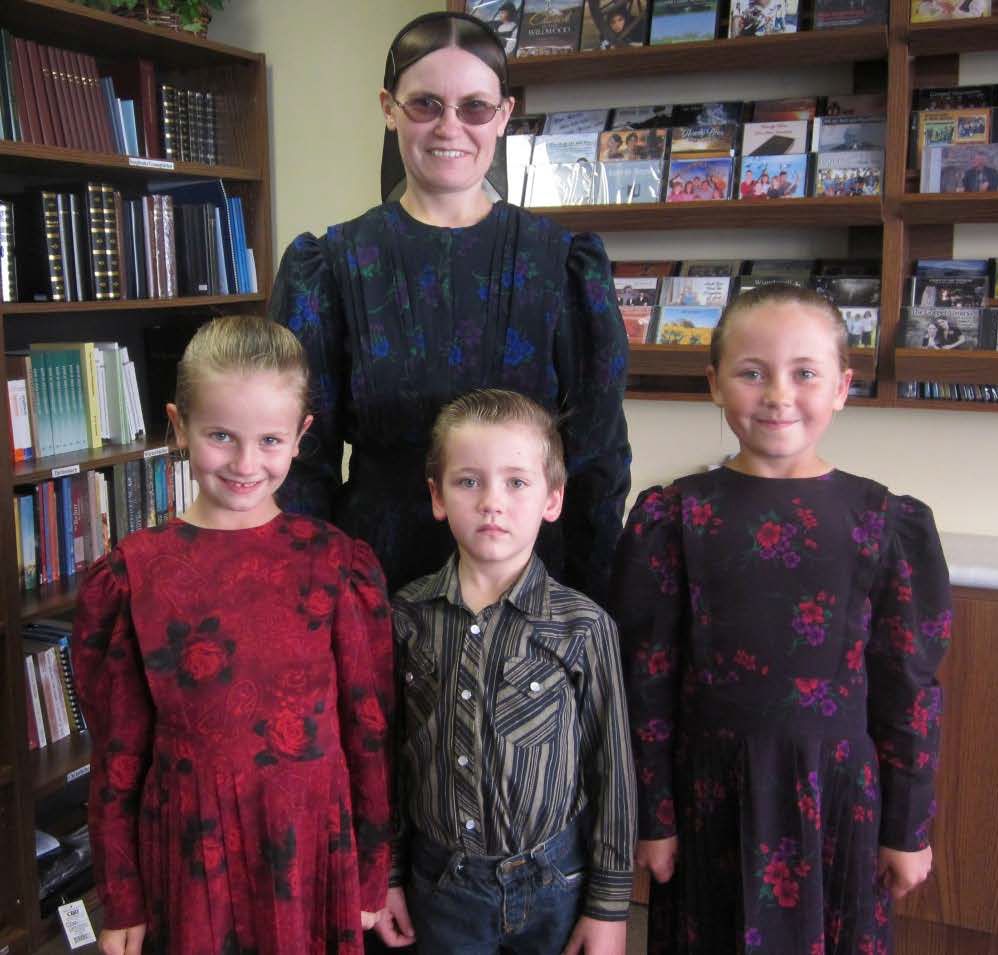
Working together in Ontario
When Maria and Heinrich Bueckert immigrated to Canada with their seven children in 2011, they looked forward to working together with their children and earning enough to feed their family. “We’re just so very thankful. Coming to Canada and working together on the farm allowed me to get to know my husband again,” Maria says…
